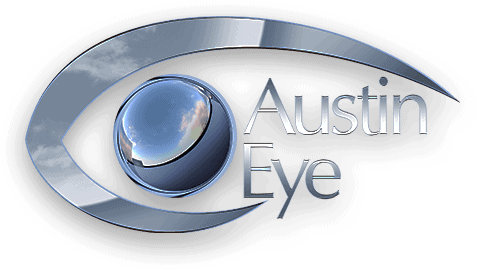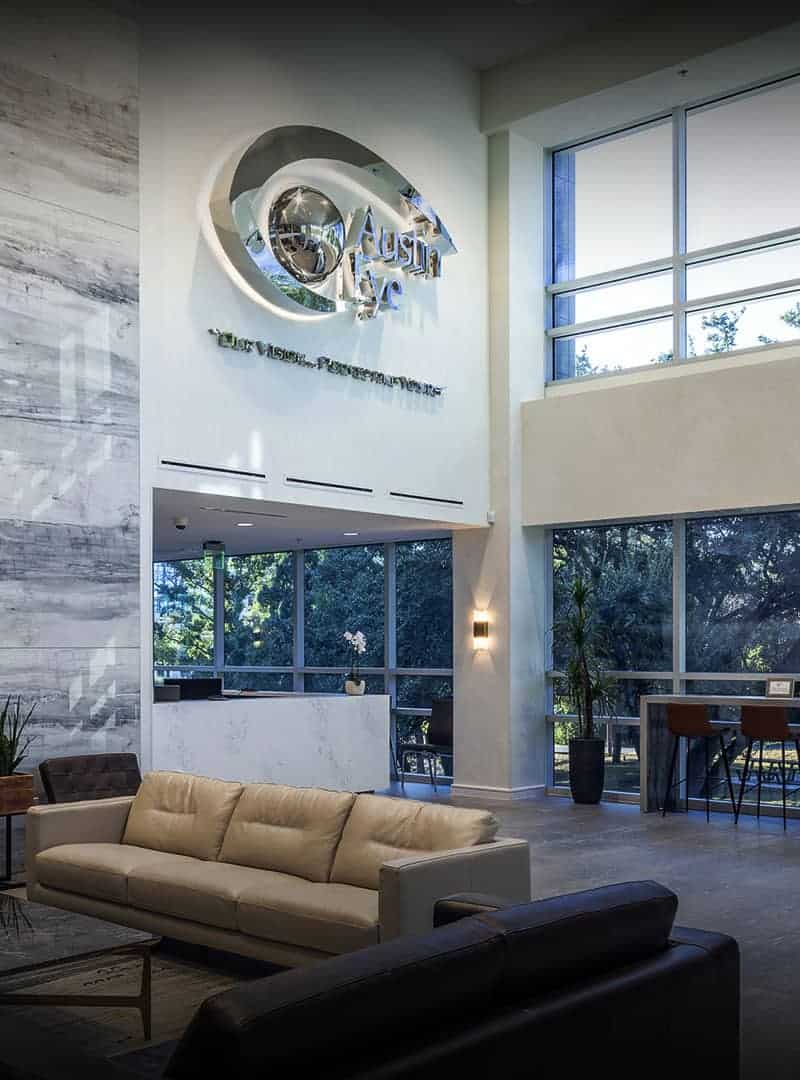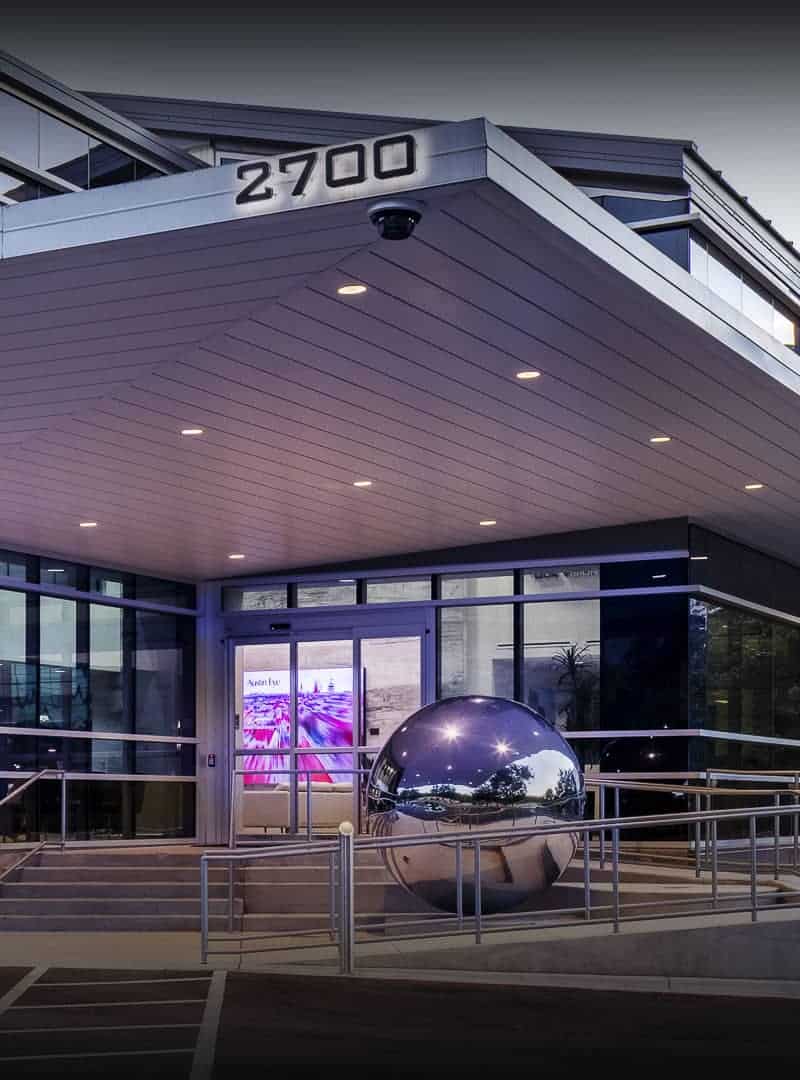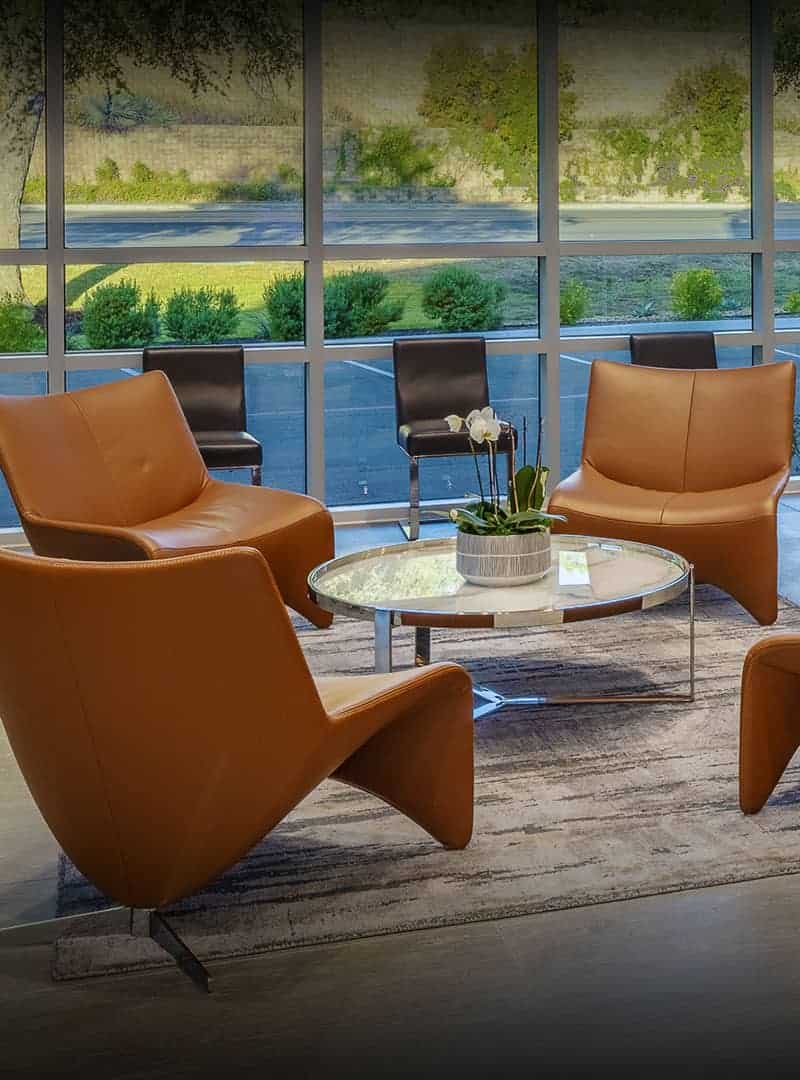Austin TX Corneal Crosslinking for Keratoconus
Schedule Your Corneal Crosslinking Treatment in Austin
If you have been diagnosed with keratoconus and would like to learn whether crosslinking can help you restore your vision, please contact Austin Eye. Our team of eye doctors utilize the most advanced diagnostic tools to assess the severity of each patient’s case and develop treatment plans that are tailored to each patient’s visual needs. Contact us today at 512-250-2020 to schedule your initial exam.

The Mitchel and Shannon Wong Eye Institute

The Mitchel and Shannon Wong Eye Institute, recently created at the Dell Medical School, is poised to become a leading-edge center for training future ophthalmologists and providing patients with the best medical and surgical eye care possible.
Contact Austin Eye Today
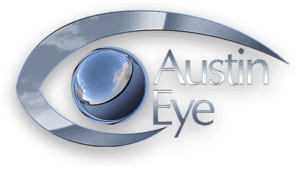
11901 Jollyville Road
Austin, TX 78759
Phone: (512) 250-2020
Fax: (512) 250-2612
Click here to fly-through our Austin Eye locations
Office Hours
Monday – Thursday 8am – 6pm
Friday 8am – Noon
Saturday/Sunday Closed
Northwest Office
11901 Jollyville Road
Austin, TX 78759
Westlake Office
2700 Bee Caves Road
Austin, TX 78746
